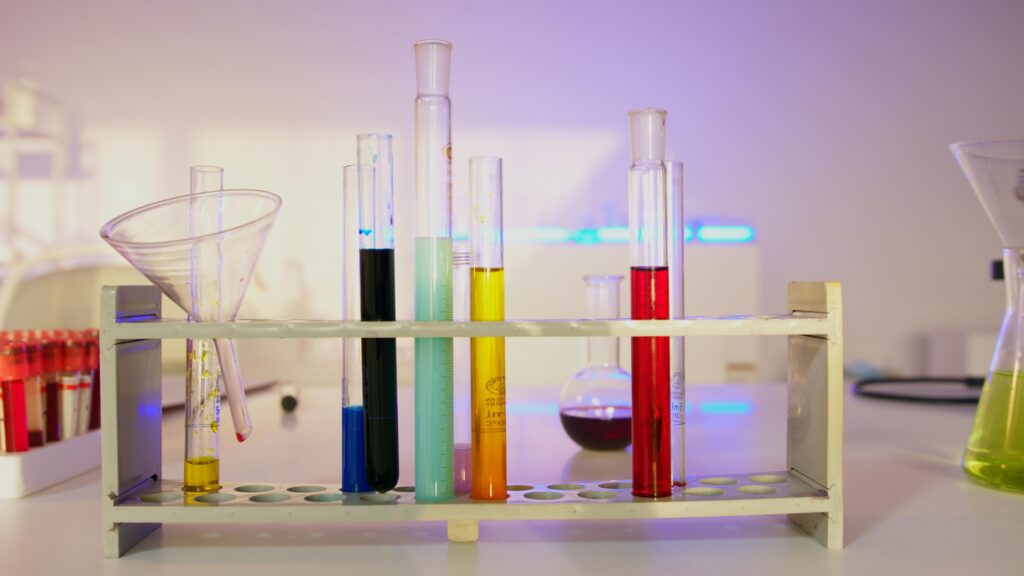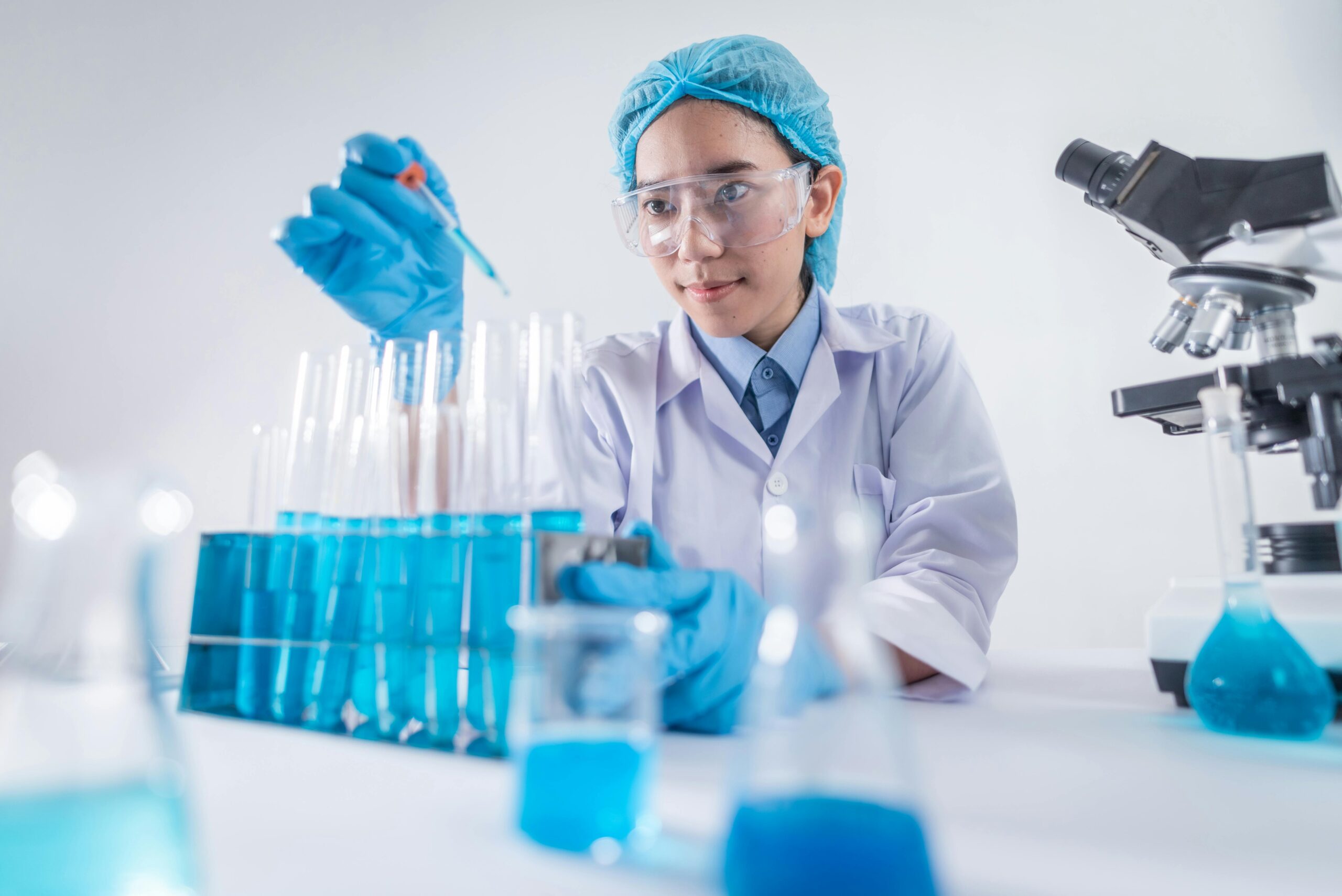Forensic pharmacy is an interdisciplinary field that combines the principles of pharmacy, toxicology, and law to solve drug-related crimes and provide evidence in criminal investigations. As a PharmD student, understanding forensic pharmacy equips you with the knowledge needed to support law enforcement and ensure the integrity of pharmaceutical practices in criminal contexts. This article will explore how forensic pharmacy aligns with the PharmD curriculum and prepares students for a critical role in the legal and healthcare systems.
What is Forensic Pharmacy?
Forensic pharmacy is the application of pharmaceutical sciences in the criminal justice system, particularly in criminal investigations and legal proceedings. It involves identifying and analyzing drugs, poisons, and toxins, as well as interpreting drug-related evidence in the context of criminal cases. Forensic pharmacists often work with law enforcement, legal professionals, and medical examiners to ensure that pharmaceutical evidence is accurately analyzed and presented.
For PharmD students, the field of forensic pharmacy provides a unique opportunity to apply knowledge of pharmacology, toxicology, drug regulations, and ethics in real-world criminal investigations.

Pharmacology in Forensic Pharmacy
One of the core areas of forensic pharmacy is pharmacology, which plays a significant role in identifying drugs involved in criminal cases, such as overdoses, poisonings, and drug abuse.
Understanding Pharmacokinetics in Forensic Investigations
Pharmacokinetics—the study of how the body absorbs, distributes, metabolizes, and excretes drugs—is crucial in forensic pharmacy. By understanding how different drugs interact within the body, forensic pharmacists can provide vital insights into the timeline and effects of drug use in criminal cases.
For instance, in a case of suspected drug overdose, forensic pharmacists can analyze blood and tissue samples to determine the concentration of specific drugs, providing valuable evidence for law enforcement. Understanding the pharmacokinetics of opioids, for example, can help establish whether a death was accidental or intentional.
Pharmacodynamics and Drug Interactions in Forensic Cases
Forensic pharmacists also study pharmacodynamics—the study of how drugs affect the body. This includes understanding the mechanism of action of various drugs, how they influence bodily functions, and how they can cause toxic or lethal effects in combination with other substances.
In criminal investigations, knowledge of pharmacodynamics can help forensic experts determine whether drugs played a role in causing a crime, such as in cases of poisoning or intoxication that lead to accidents or violent acts.
Forensic Toxicology: A Critical Element in Forensic Pharmacy
Toxicology is one of the most vital branches of forensic pharmacy. Forensic toxicologists analyze biological samples (e.g., blood, urine, hair) to detect the presence of drugs, poisons, and toxins in cases of suspected poisoning or drug-related crimes.
Techniques Used in Forensic Toxicology
Various laboratory techniques are used in forensic toxicology, including:
- Chromatography: A technique used to separate mixtures of substances so that individual components can be identified.
- Mass Spectrometry: A method used to identify chemical substances based on the mass-to-charge ratio of their ions.
- Immunoassays: Used to detect specific substances in biological samples, such as drugs or poisons.
These methods allow forensic pharmacists to determine the exact substances involved in an incident and provide critical evidence for legal proceedings.
Role of Forensic Pharmacists in Toxicology Investigations
Forensic pharmacists trained in toxicology often serve as expert witnesses in court, where they explain the findings from toxicology reports to legal professionals. Their expertise is crucial in ensuring the accurate interpretation of drug-related evidence.
Pharmacy Law and Ethics in Forensic Pharmacy
Pharmacy law is another essential area of knowledge for forensic pharmacists. Understanding drug regulations, controlled substances, and the ethical responsibilities of pharmacists is fundamental to ensuring that justice is served.
Legal Implications of Prescription Drug Misuse
Prescription drug abuse is a growing concern in criminal justice systems worldwide. Forensic pharmacists play a vital role in identifying cases of prescription fraud, illegal distribution of controlled substances, and drug misuse. Their ability to analyze prescription records, investigate drug histories, and identify counterfeit medications is critical in solving drug-related crimes.
Ethics and Professional Integrity in Forensic Pharmacy
Forensic pharmacists must adhere to strict ethical guidelines. This includes maintaining objectivity in their analysis, ensuring confidentiality, and avoiding conflicts of interest. Ethical dilemmas often arise when dealing with drug-related crimes, especially in cases of overdose or suicide. Forensic pharmacists must balance their role as healthcare professionals with their responsibility to the justice system.
Case Studies: Real-Life Applications of Forensic Pharmacy
Case Study 1: The Opioid Crisis
The opioid epidemic has resulted in a surge of overdose deaths, many of which require forensic pharmacy expertise to understand the substances involved. Forensic pharmacists play a key role in analyzing autopsy reports, interpreting toxicology results, and determining the cause of death in suspected opioid overdoses.
Case Study 2: Counterfeit Drug Investigation
Counterfeit drugs are a growing problem globally, with fake medications entering the market and putting patients at risk. Forensic pharmacists help in identifying counterfeit drugs, ensuring that they are removed from circulation. By using advanced laboratory techniques, they can differentiate between authentic and counterfeit products, playing a crucial role in protecting public health.
The Role of PharmD Graduates in Forensic Investigations
PharmD graduates who specialize in forensic pharmacy can pursue various career paths in criminal investigations, law enforcement, and legal consulting. Some of the roles they may take on include:
- Forensic Toxicologist: Analyzing biological samples and providing expert testimony in court.
- Pharmacy Consultant: Offering expert advice on pharmaceutical issues in legal cases.
- Regulatory Compliance Officer: Ensuring adherence to drug regulations and identifying violations.
PharmD graduates can also work in toxicology labs, collaborating with law enforcement agencies to investigate drug-related crimes.
Challenges and Future Directions in Forensic Pharmacy
Challenges in Forensic Pharmacy
- Rising Drug Abuse: The increasing misuse of prescription drugs and illicit substances presents challenges for forensic pharmacists in both analysis and prevention.
- Counterfeit Drugs: The growing problem of counterfeit medications requires forensic pharmacists to develop new methods of detection and analysis.
Future Trends
The future of forensic pharmacy will likely see advancements in technology and forensic analysis techniques. As drug abuse continues to be a major concern, forensic pharmacists will play an essential role in combating the problem through better drug regulation, prevention, and intervention strategies.
Conclusion
Forensic pharmacy is a dynamic and impactful field that plays a crucial role in both the healthcare and criminal justice systems. For PharmD students, understanding the interdisciplinary nature of forensic pharmacy—spanning pharmacology, toxicology, pharmacy law, and ethics—equips them to contribute meaningfully to criminal investigations and drug-related legal cases. Whether through analyzing drug-related evidence, interpreting toxicology reports, or providing expert testimony, forensic pharmacists are essential to ensuring justice and public safety.
As a student in the PharmD program, exploring forensic pharmacy not only enhances your education but also opens doors to diverse career opportunities where you can apply your pharmaceutical knowledge to real-world challenges.
You May Also Know
Frequently Asked Questions (FAQs)
-
What is the role of a forensic pharmacist in criminal investigations?
A forensic pharmacist plays a crucial role in criminal investigations by applying their knowledge of pharmacology, toxicology, and drug regulations to analyze substances involved in crimes. They are involved in detecting and identifying drugs, poisons, and toxins in biological samples, interpreting toxicology reports, and providing expert testimony in court. Forensic pharmacists also help law enforcement agencies investigate drug-related crimes, such as overdoses, poisoning, counterfeit drugs, and prescription fraud.
-
How does forensic toxicology differ from regular toxicology?
While both forensic toxicology and regular toxicology involve the study of harmful substances, forensic toxicology specifically applies toxicology principles in legal contexts. Forensic toxicologists analyze biological samples (e.g., blood, urine) to detect the presence of drugs, poisons, or toxins that may have contributed to an individual’s death, injury, or criminal behavior. The findings are often used in legal proceedings, such as criminal trials or accident investigations, whereas regular toxicology may focus more broadly on understanding the effects of substances on human health and the environment.
-
What skills and education do PharmD students need to pursue a career in forensic pharmacy?
PharmD students interested in forensic pharmacy need a solid foundation in pharmacology, toxicology, and pharmacy law, which are core subjects in their education. Specializing in forensic pharmacy often requires additional training in toxicology, laboratory techniques, and understanding of legal processes. Key skills include the ability to analyze biological samples, interpret toxicology reports, and communicate complex scientific findings to non-experts, such as lawyers or jurors. Students may also benefit from internships or externships that provide practical experience in forensic labs or with law enforcement agencies.

